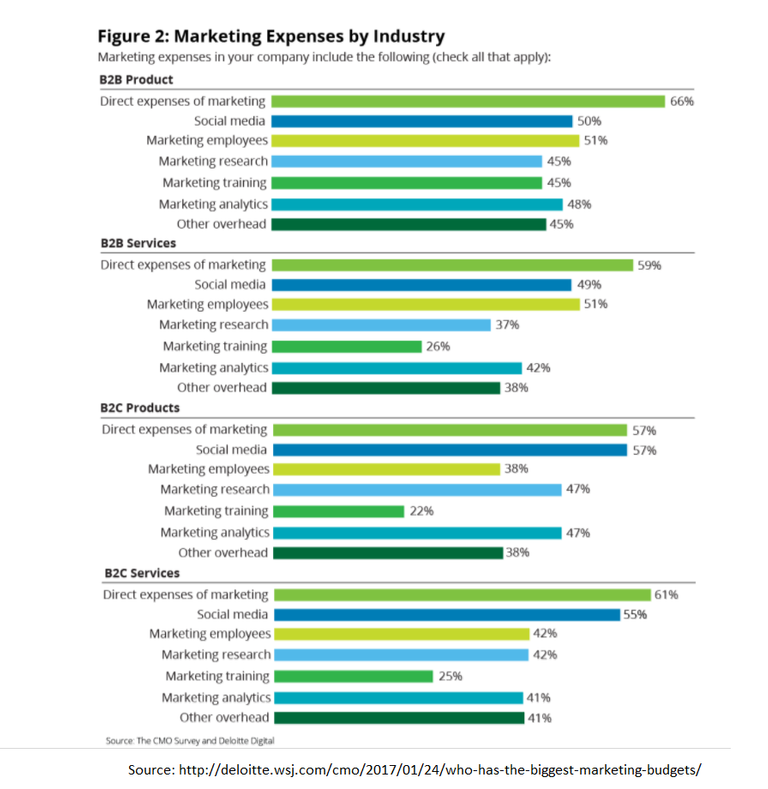I spend most of my work time making Ethnographic Films for market research purposes. I have done some fascinating sociology, much of which has been more interesting to me than anything that I was ever exposed to in academia. While corporate clients almost never share their findings publicly and prohibit me from doing so as well, they are certainly one of the biggest funders of in depth social science research today.
Though I am a sociologist, I work primarily as an ethnographer in the market research space. Ethnography is a research methodology that relies on extended anthropological and sociological observations of research subjects in their natural environments. The goal of this research is to generate “thick descriptions” capable of allowing an outsider to understand the “common sense” of any given culture (Geertz 1973). Thick description requires focused observations and deep inquiry into the object of study. The end goal is to be able to understand the world from the subjects’ perspective. Ideally, this understanding should be complete enough that the researcher is then able to apply the subjects’ conceptual common sense with enough accuracy that they could predict behaviors and opinions.
Ethnography excels at:
1) Unmasking Motivations
2) Identifying Assumptions
3) Contextualizing Behaviors
4) Capturing Contradictions, or “Say v. Do” Moments
5) Understanding the Cultural Systems in which Consumers Operate
In my own market research practice, this involves spending eight hours each with 6-12 individuals who fit specific demographic traits. The goal is to directly observe individuals’ social worlds, home lives, daily routines, and interactions with goods and services. Ethnographers uncover motivations, beliefs, values, assumptions, and decision making processes.
Cool, but how is that “market research”?
Market research is a large field that is comprised of sociologists like myself, anthropologists, psychologists, behavioral scientists, statisticians, and sometimes economists. Market research uses these disciplines to gain deeper understanding into their client or customer base. This research primarily allows companies to create goods and services that better fit the complex needs of their customers, and to understand how their products might perform against competitive offerings that are already in the marketplace. It also helps create better marketing messages.
Companies commission market research at all stages of the product development process, from prior to initial product development, testing prototypes, product launch, product redesign, and for phasing out products.

see reference below
Companies leverage ethnography as part of their overall effort to better understand individuals, their social worlds, and the rapidly evolving cultures that they are serving. Since ethnography provides such a rich picture of life, it is perfect for this purpose. Of course, as with any social science methodology, it has its limitations. For example, it is not able to estimate market share, predict the life of a product, or test explicit campaign messages. These sorts of questions are answered via other methodologies.
I love my corporate clients because they let me do fascinating work that keeps me intellectually alive and curious. As a result of my work, I have great connection/exposure to and empathy for “typical” Americans, and those with political persuasions very different from my own. I also get to work as a digital nomad, from any place that I so choose.
However, I want to expand the application of my work! Please read my intro post here to learn more about my research dreams: https://steemit.com/introduceyourself/@soleil-research/real-sociology-research-promoting-elevated-social-paradigms
And please support me by coming back and reading, upvoting, and resteeming the rest of this series!
References:
Geertz, Clifford. The Interpretation of Cultures : Selected Essays. New York: Basic Books, 1973. Print. APA. Geertz, Clifford. (1973).
http://deloitte.wsj.com/cmo/2017/01/24/who-has-the-biggest-marketing-budgets/
Imagine yer into Malinowski, EE Evans Pritchard and Blumer?
Yessss. But I'm actually a sociologist. I love Max Weber, Robert Putnam, Michelle Lamont, Loic Wacquant, Frances Fox Piven, and some others :) Clifford Geertz is my favorite anthropologist.
Organic solidarity seems pretty interesting. Not sure about Putnam, bigger fan of Claude S. Fisher, he has done some great research. I also really like some Austrian school Frederick Hayek and Robert Nozick. I think autopoietic systems like the invisible hand are amazing.
Putnam writes about the break down of American social life - the forces that cause use to "voluntarily" pull ourselves apart. Its beautiful and terrifying work.
Manufacturing Consent, too. Gosh. Gotta get outside of these systems.
This post has received a 4.08% upvote from @lovejuice thanks to @soleil-research. They love you, so does Aggroed. Please be sure to vote for Witnesses at https://steemit.com/~witnesses.
You got a 2.07% upvote from @bid4joy courtesy of @soleil-research!
This post has received a 3.40% UpGoat from @shares. Send at least 0.1 SBD to @shares with a post link in the memo field.
10 SP, 50 SP, 100 SP, 500 SP, 1000 SP, 5000 SP.To support our daily curation initiative, please donate 1 SBD or delegate Steem Power (SP) to @shares by clicking one fo the following links:
Support my owner. Please vote @Yehey as Witness - simply click and vote.
Upvoted!
Congratulations @soleil-research! You received a personal award!
Click here to view your Board
Congratulations @soleil-research! You received a personal award!
You can view your badges on your Steem Board and compare to others on the Steem Ranking
Vote for @Steemitboard as a witness to get one more award and increased upvotes!